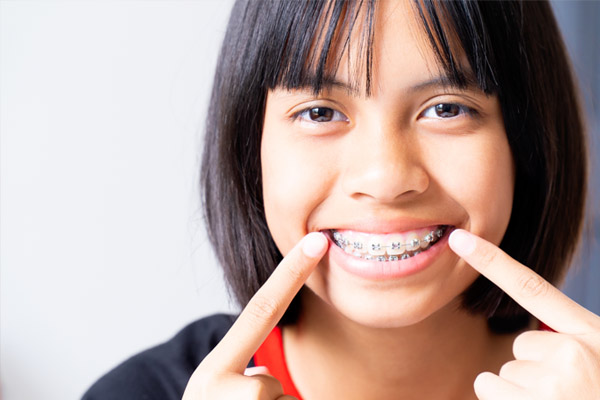Pediatric Dentistry: Why Would a Primary Tooth Need a Root Canal?

Pediatric dentistry sometimes uses treatments like root canals to treat primary teeth. Root canals are used to treat tooth infections and to save severely damaged teeth. Performing a root canal allows the dentist to treat the tooth without having to perform an extraction.
Primary teeth serve as placeholders for permanent teeth, and orthodontic issues like impacted teeth can develop if one falls out prematurely. Dentists can prevent this from happening by performing a root canal and covering the tooth up with a crown to prevent further damage to it.
A tooth infection is a serious oral issue that counts as a dental emergency. Quick treatment does not only safeguard your child's oral health, but it also protects the infection from affecting other parts of the body. Symptoms of a tooth infection include:
- Persistent toothaches
- Fever
- Bad taste in the mouth
- Bad breath
- Pus coming from the gum tissue around the tooth
How root canals are used in pediatric dentistry
The process for performing root canals on baby teeth and adult teeth is almost identical. Pediatric dentistry makes the process easier for children by providing an atmosphere that makes them feel comfortable. Little things like using less intimidating or less noisy equipment can make a huge difference when working on children.
Root canals start with the dentist administering a shot of anesthetic. If the child is scared of needles, the dentist can use a painless needle or topical anesthetic to minimize the pain the child feels during the treatment.
Once the anesthetic has kicked in, the dentist will drill a small hole into the child's tooth. This hole serves as an access point that allows the dentist to reach the pulp chamber. Dental files are used to remove the nerves and blood vessels in the patient's tooth, and medication is inserted into the pulp chamber to complete the treatment. The dentist then seals the pulp chamber and the hole with a rubbery material called gutta-percha. The procedure is finalized by applying a composite to rebuild the tooth or covering it up with a crown.
There is no recovery period after a root canal so the child should not experience pain or discomfort afterward.
Extractions for infected teeth
In some cases, the dentist may have to extract the child's tooth to safeguard their health. An oral infection can spread to other parts of the body and it does not have to travel much to get into the brain. A vital organ like the brain or heart becoming infected with bacteria can be life-threatening.
Dentists only recommend extracting baby teeth when the risk of the infection spreading is great. Baby teeth hold space for the permanent ones, so extracting them is typically a last resort.
Get your child the treatment they need
Contact our Rockville clinic if your child is exhibiting the symptoms of a tooth infection. It is important to have tooth infections assessed and treated by a dental specialist as soon as possible.
Request an appointment here: https://whiteflintfamilydental.com or call White Flint Family Dental at (301) 273-1085 for an appointment in our Rockville office.
Check out what others are saying about our services on Yelp: Read our Yelp reviews.
Recent Posts
It is easy to understand why Invisalign® for teens is such a popular teeth-straightening treatment. It removes the need for traditional braces that can be cumbersome, conspicuous, and sometimes painful. Parents and teens alike should find out all they can about Invisalign® treatment before making the decision to proceed.If you are not sure what to…
Pediatric dentists care for children from infancy to adolescence. With specialized training and education in this age range, they teach young patients and their parents how to prevent oral health issues. They also diagnose cavities and gum disease in their early stages and administer treatments tailored to young patients. When these dental professionals establish good…
Invisalign® for teens refers to the clear plastic device worn to straighten teeth as an alternative to metal braces. Many people opt to wear these types of devices when they are in their teenage years, but they can be worn by adults as well. Invisalign has the added benefits of being removable and less noticeable…
Invisalign® for teens is an invisible straightening tool for your children's teeth. Invisalign uses custom, clear aligners to straighten teeth. Patients receive Invisalign aligners every two weeks. The custom trays move teeth gradually.When most people think about metal braces, they may think about teenagers. However, not all teenagers require traditional braces. Some teenagers may benefit…


